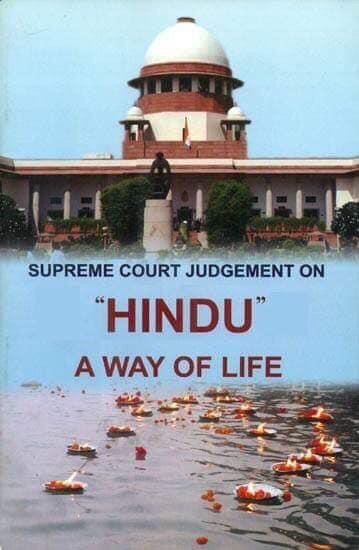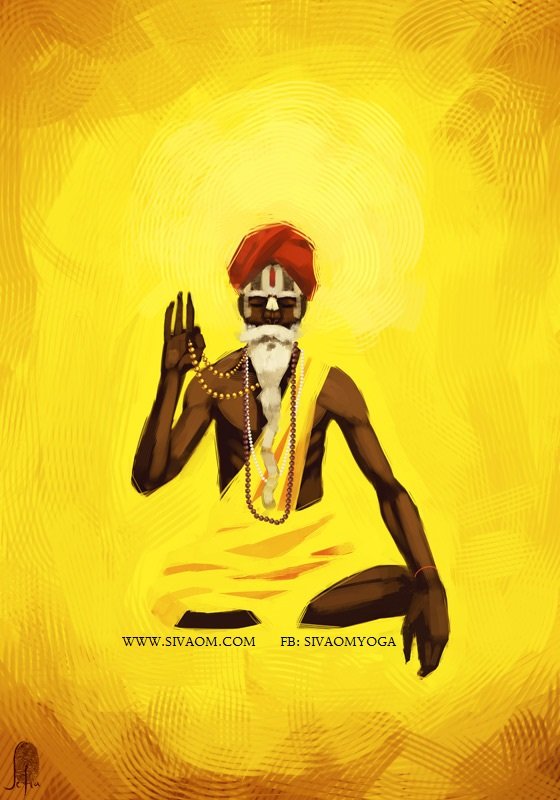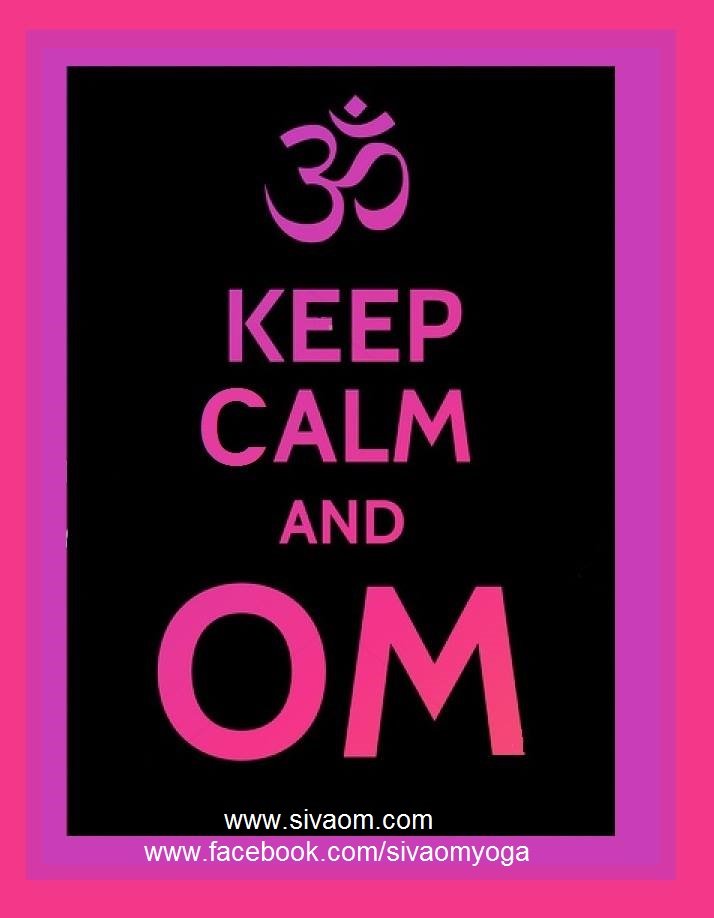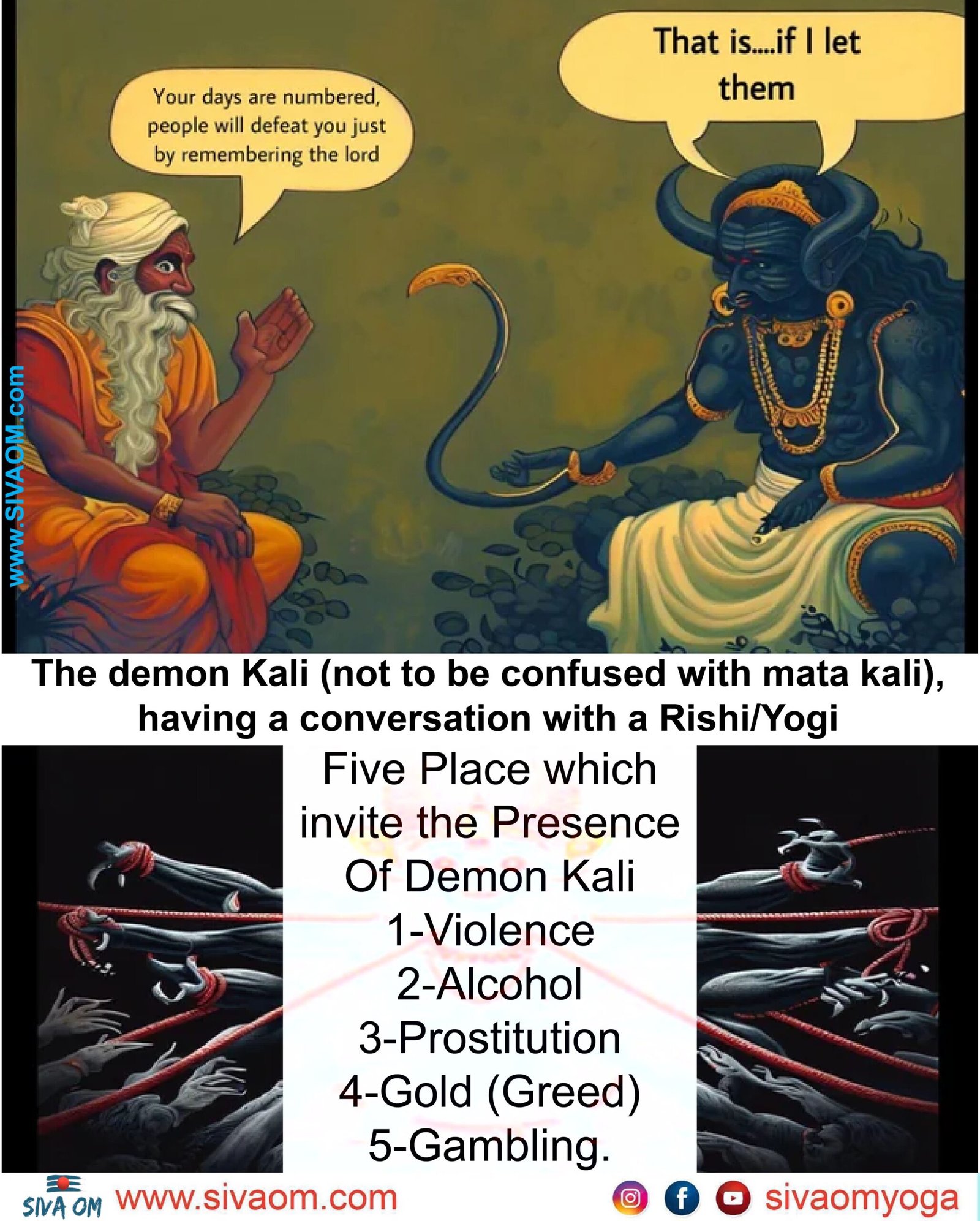How Supreme Court of India viewed words ‘Hindu’, ‘Hinduism’ & ‘Hindutva’ in rulings

In 1966, the Chief Justice Gajendragadkar wrote for the Supreme Court of India in Yagnapurushdasji (AIR 1966 SC 1127), that “Hinduism is impossible to define”. The court adopted Radhakrishnan’s submission that Hinduism is complex and “the theist and atheist, the skeptic and agnostic, may all be Hindus if they accept the Hindu system of culture and life”. The Court judged that Hinduism historically has had an “inclusive nature” and it may “broadly be described as a way of life and nothing more”.
A five-judge constitution bench of Chief Justice P B Gajendragadkar, K N Wanchoo, M Hidayatullah, V Ramaswami and P Satyanarayanaraju in ‘Sastri Yagnapurushadji’ case [1966 SCR (3) 242] had attempted to narrate historical and etymological genesis of the word ‘Hindu’.
Writing the judgment for the bench, Justice Gajendragadkar had said, “The historical and etymological genesis of the word ‘Hindu’ has given rise to a controversy amongst Indologists; but the view generally accepted by scholars appears to be that the word ‘Hindu’ is derived from the river Sindhu, otherwise known as Indus which flows from Punjab.
“When we think of the Hindu religion, we find it difficult, if not impossible, to define the Hindu religion or even adequately describe it. Unlike other religions in the world, the Hindu religion does not claim any one prophet, it does not worship anyone god, it does not subscribe to any one dogma, it does not believe in any one philosophic concept, it does not follow anyone set of religious rites or performances, in fact, it does not appear to satisfy the narrow traditional features of any religion or creed. It may broadly be described as a way of life and nothing more.”
The difficulty faced by the SC in 1966 to define ‘Hindu’ was reflected in its judgment in ‘Commissioner Wealth Tax, Madras vs Late R Sridharan’ [1976 (Sup) SCR 478], in which it said, “It is a matter of common knowledge that Hinduism embraces within self so many diverse forms of beliefs, faiths, practices and worships that it is difficult to define term ‘Hindu’ with precision.”
A three-judge bench headed by Justice J S Verma in Ramesh Yeshwant Prabhoo case [1996 SCC (1) 130] said, “The words ‘Hinduism’ or ‘Hindutva’ is not necessarily to be understood and construed narrowly, confined only to the strict Hindu religious practices unrelated to the culture and ethos of the people of India, depicting the way of life of the Indian people.
“Considering the terms ‘Hinduism’ or ‘Hindutva’ per se as depicting hostility, enmity or intolerance towards other religious faiths or professing communalism, proceeds from an improper appreciation and perception of the true meaning of these expressions emerging from the detailed discussion in earlier judgments of this court.
“Misuse of these expressions to promote communalism cannot alter the true meaning of these terms. The mischief resulting from the misuse of the terms by anyone in his speech has to be checked and not its permissible use.”
Further adding to this Ram Jethmalani a senior lawyer and president of the BAR India back then said “Hinduism is not hostility to any organized religion nor does it proclaim its superiority of any religion to another. “The term “Hindu” cannot be applied to any religious group. For, it does not represent any singular philosophy. It is an amalgamation of many beliefs, rules, and customs. It is as vivid as the land of India itself and it suits every one of us. It cannot be a religious identity as most of its members are from the native roots who have accepted many basic principles preached by the Vedic teachers. It is the cultural identity of the people of India. It is futile to fix Hinduism in the manner in which the West has defined the Abrahamic Religions such as Judaism, Christianity, and Islam. Hinduism is a Dharma or a way of life, not a Religion






